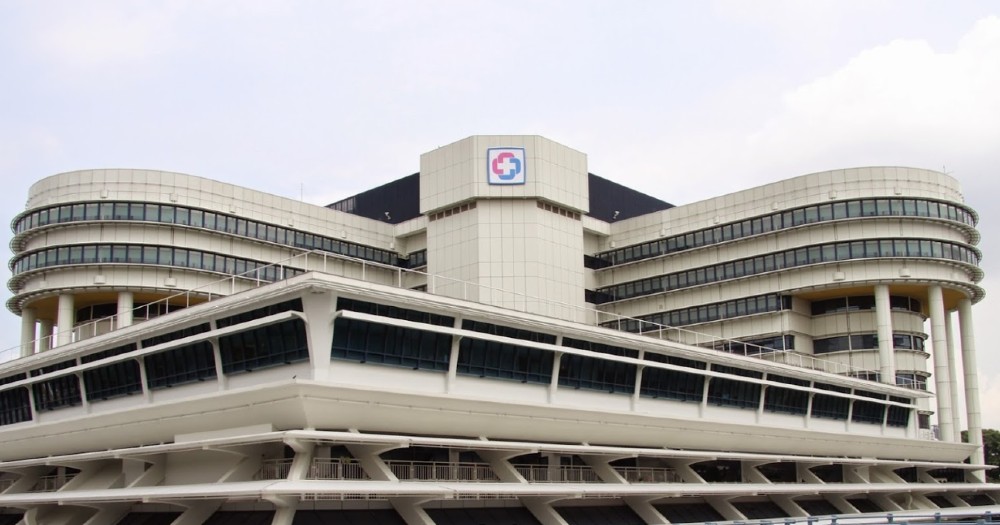Follow us on Telegram for the latest updates: https://t.me/mothershipsg
Singapore's Omicron infections continue to rise, with more than 10,000 new daily cases reported in the past two days.
The country's Ministry of Health (MOH) is calling for low-risk Covid-19 cases with mild symptoms to recover at home.
Under the current health protocols for Covid-19, those who are well but test positive under MOH's "Protocol 2" should isolate for at least 72 hours, and end isolation when they test negative.
Schools and employers to accept positive ART result as proof, MC not needed: MOH
For people in this group, there is "no need to see a doctor and get an MC", said MOH in a Facebook post on Feb. 6.
MOH added that schools and employers "will accept" a positive Antigen Rapid Test (ART) result as proof of infection.
"With an Omicron wave in the community, a surge of infections is expected. But fret not if you are fully vaccinated and boosted!" said the post, adding that healthcare capacity should be preserved for those at higher risk of severe infection.
Long queues at hospitals
Separately, the ministry called attention to "long queues and waiting times" at hospital Emergency Departments (EDs), with the majority of these patients not requiring emergency care.
"Such unnecessary visits to the Emergency Departments risk compromising the standard of care for other patients who genuinely require emergency medical care," said the ministry, adding:
"We advise the public to seek medical treatment at a hospital’s ED only for serious or life-threatening emergencies, such as chest pain, breathlessness and uncontrollable bleeding."
High attendances at Children’s Emergency departments in past two weeks
MOH also called attention to the fact that the Children’s Emergency departments at KK Women’s and Children’s Hospital and National University Hospital experienced "very high attendances over the past two weeks".
The average number of daily cases at these departments was 450 in early January.
This week however, the number rose to 650, said MOH.
Around 80 per cent of these cases showed up with mild symptoms that did not require hospitalisation. This includes patients with Covid-19 infections.
They were discharged after their visits to the Emergency Departments.
Number of severe Covid-19 infections, complications "remains low"
As for the paediatric patients who were admitted, most were discharged within two to three days on average.
"The proportion of severe Covid-19 infections and Multi-system Inflammatory Syndrome in Children (MIS-C) remains low, at less than 1 out of 1,000 paediatric cases," said MOH.
Those in non-emergency situations should visit GPs or 24-hour clinics
MOH urged members of the public to visit General Practitioners (GPs) or 24-hour clinics for non-emergency situations.
This includes those seeking medical help for children.
Those who require Covid-19 testing or a review of their acute respiratory infection symptoms should visit Public Health Preparedness Clinics (PHPC).
MOH said that over 700 PHPCs are open after office hours "on selected days", while six paediatric swab centres support paediatric swabs for children aged six and below.
Four of the centres are open after office hours on selected days, MOH added.
List of GP clinics and operating hours
MOH also pointed members of the public to a list of GP clinics and their operating hours, available via various sources:
- The Ministry of Health’s (MOH) corporate website
- The Agency for Integrated Care’s (AIC) website
- The Community Health Assist Scheme (CHAS) webpage
- The HealthHub mobile application, which is available on both the App Store and the Google Play Store
Top image via KK Women's and Children's Hospital/Google Maps
Follow and listen to our podcast here
If you like what you read, follow us on Facebook, Instagram, Twitter and Telegram to get the latest updates.
